When you buy products via links on our website, we might receive an affiliate commission. Learn more
The Secret to Growing Peppers for Years: My 5+ Year Habanero Plant
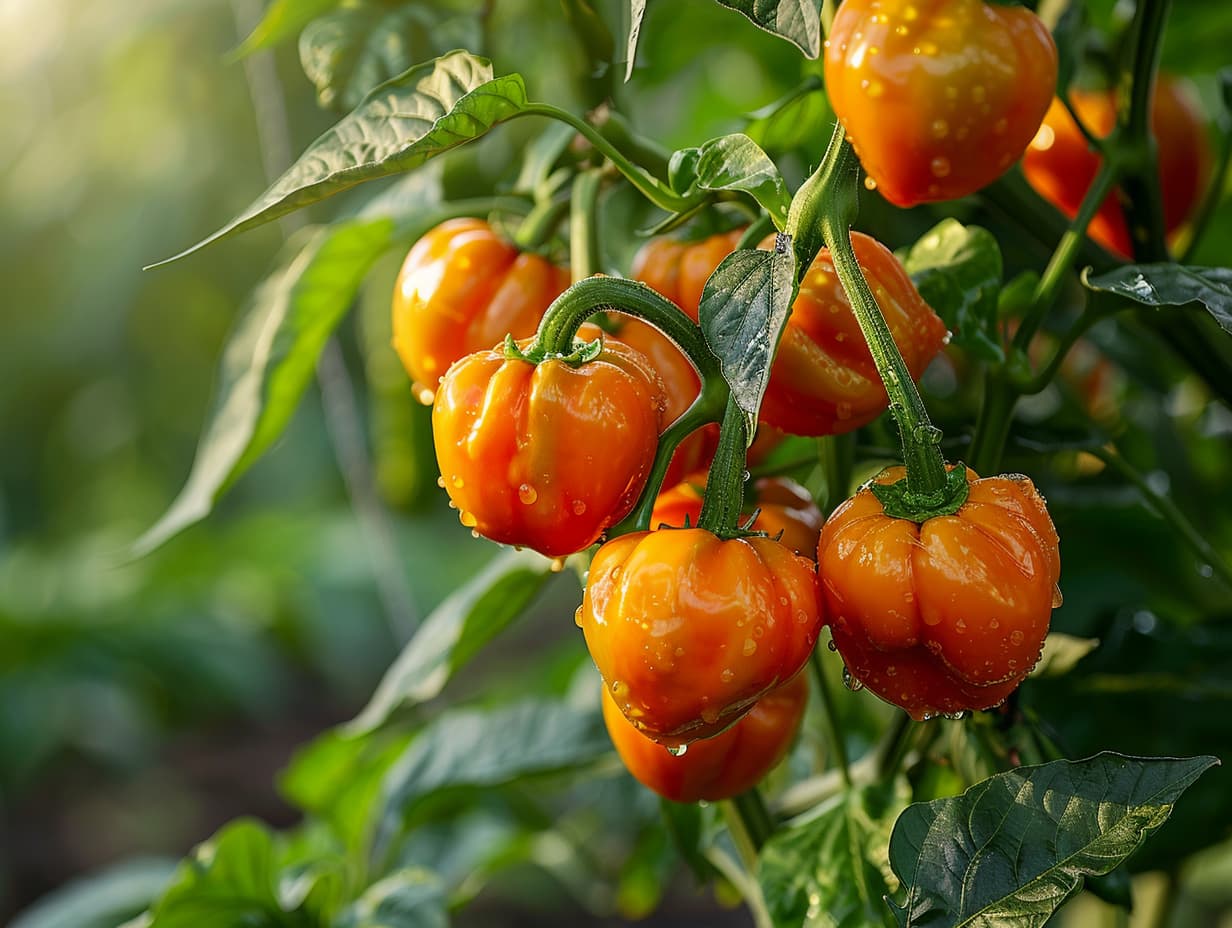
Have you ever thought pepper plants were just annuals, destined for the compost pile after one season? Think again!
In this blog post, I'll share the secrets I've learned to keep my pepper plants thriving year after year, including my 5-year-old habanero plant!
Harvest and Prune for Longevity
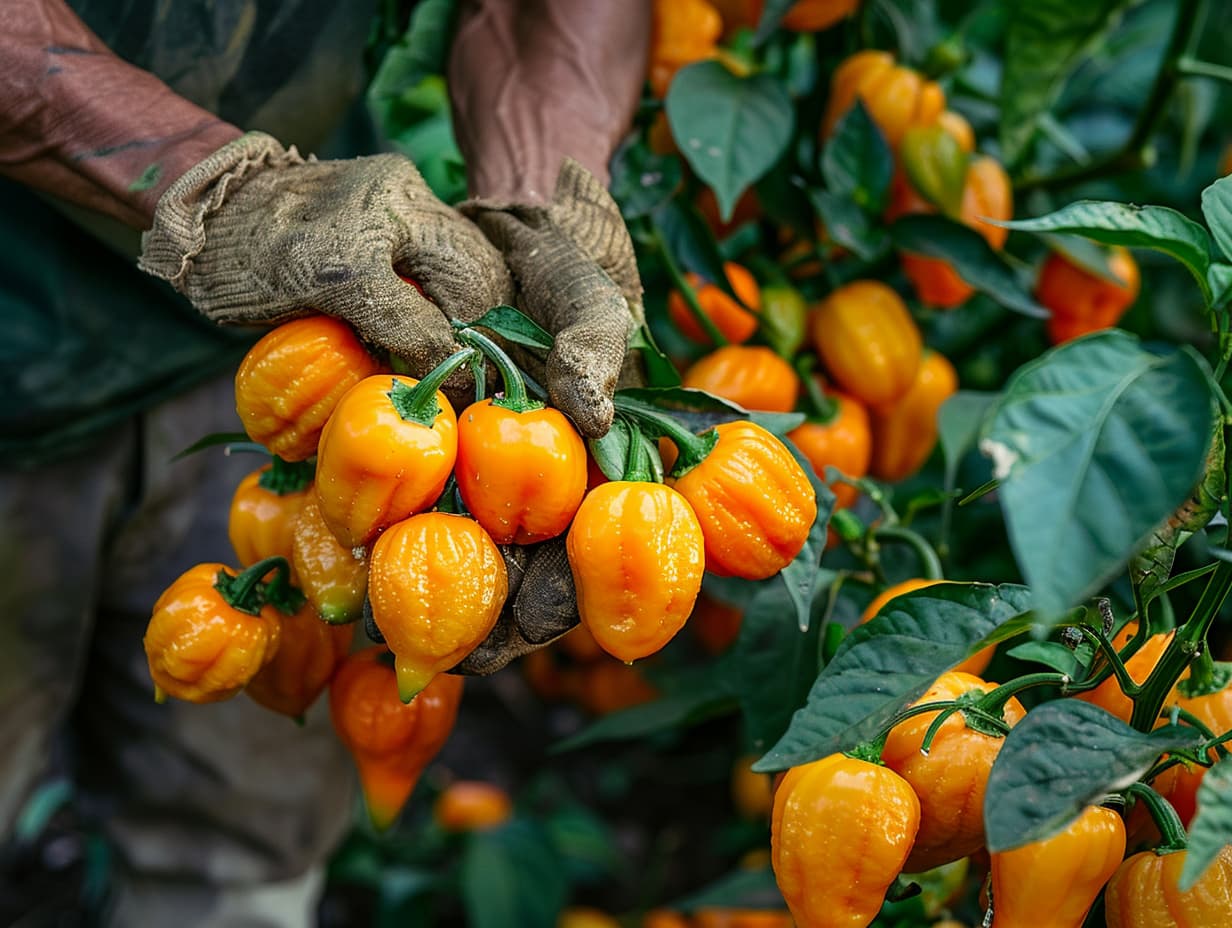
The first step to keeping your pepper plant alive for multiple seasons is proper harvesting. Make sure to remove all the peppers from the plant before the first frost arrives.
This signals the plant to stop producing fruit and focus on survival. Removing the peppers also reduces the strain on the plant, allowing it to conserve energy for the upcoming winter months.
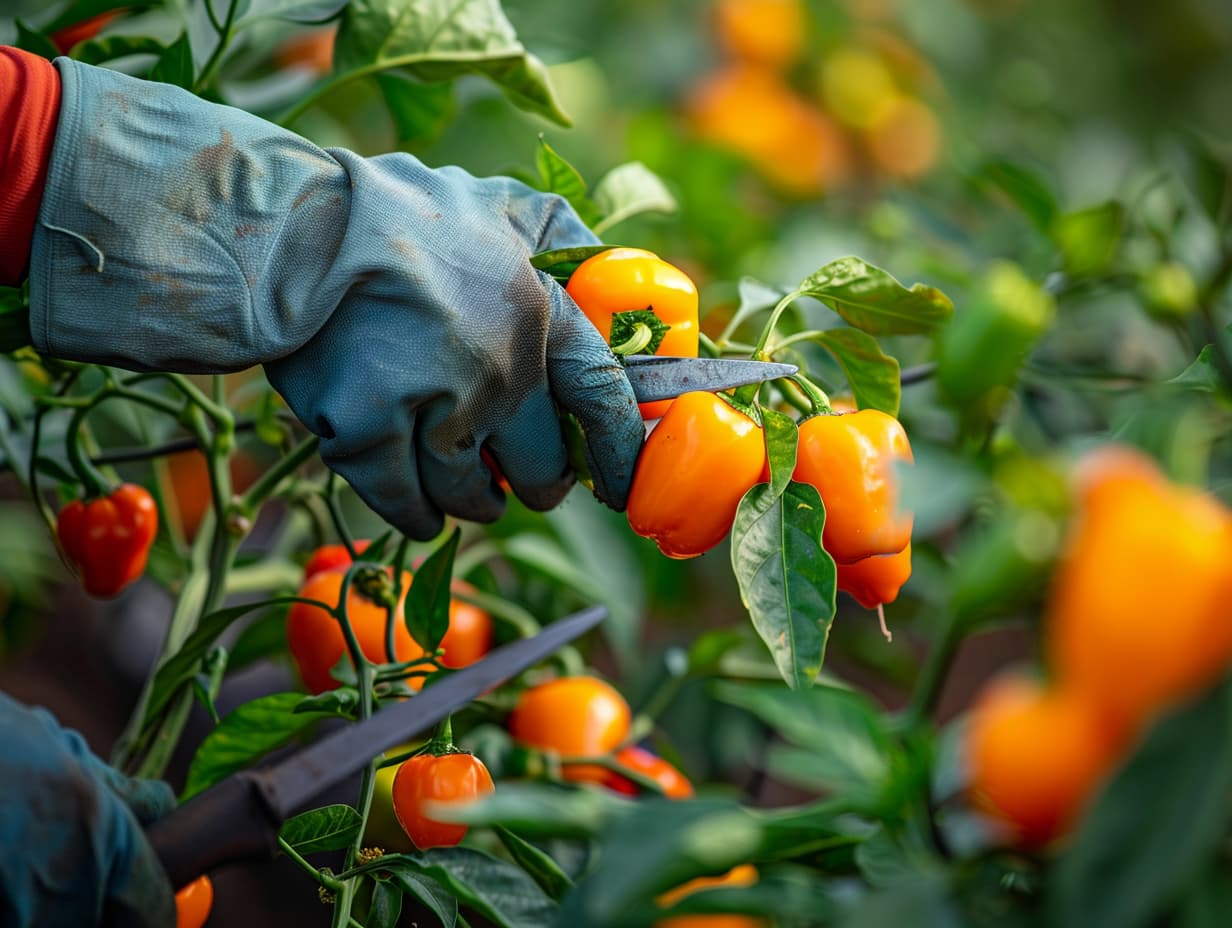
Next comes the "unthinkable" – cutting off 2/3 of the plant's leaves and stems. This may seem drastic, but it's crucial for rejuvenating the plant and encouraging new growth.
Pruning helps remove any diseased or damaged parts of the plant, reducing the risk of infections during the dormant period. It also promotes air circulation and light penetration, which are essential for the health of the remaining foliage.
Focus on Root Care and Repot for a Fresh Start
The third step involves giving the roots some TLC. Carefully dig out as much of the root system as possible without damaging the plant.
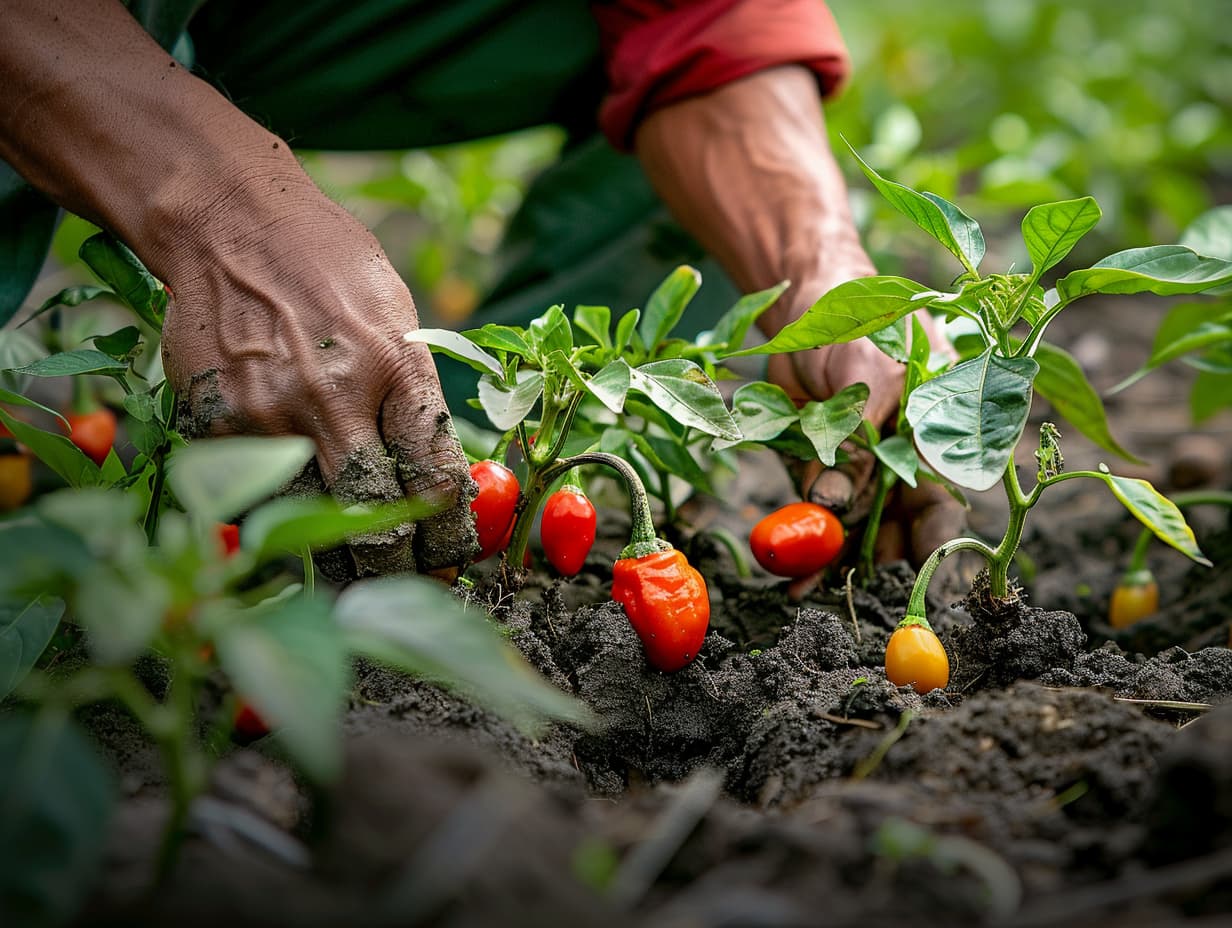
This is especially important for older plants, as their root systems can become compacted and less efficient at nutrient uptake. By loosening the roots and removing any that are dead or unhealthy, you help the plant maintain its vigor.
Then, transfer your pepper to a new container with fresh soil and fertilizer. Choose a pot that is slightly larger than the previous one to accommodate the growing root system.
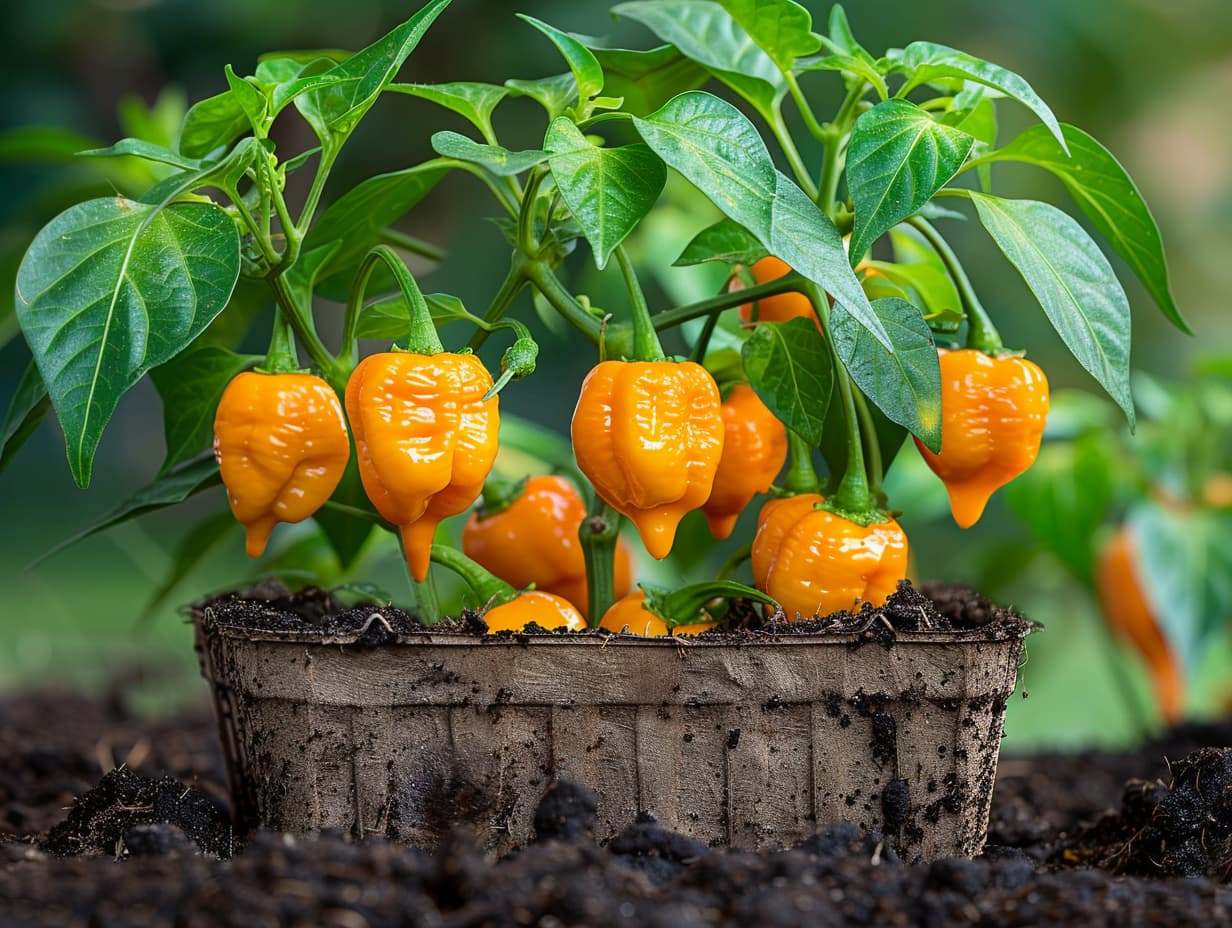
The fresh soil will provide essential nutrients, while the fertilizer will give the plant an extra boost to recover from the pruning.
Watering it thoroughly will help it adjust to its new home. Ensure the soil is evenly moist but not waterlogged, as excessive moisture can lead to root rot. A well-draining potting mix is ideal for preventing this issue.
Mulching the surface of the soil can also help retain moisture and regulate soil temperature.
This process essentially resets your pepper plant, giving it a fresh start for the next growing season.
You'll be rewarded with a vigorous plant that produces an abundance of peppers, with an estimated two-month head start compared to starting from seeds.
The early start allows the plant to establish itself before the peak growing season, leading to a higher yield.
Avoid Overwintering to Protect Your Plant from the Cold
If you live in a region with harsh winters, overwintering your pepper plants is crucial.
After pruning and repotting, move the plant indoors to a location with plenty of light. A south-facing window or a grow light setup works well. Peppers need at least 6-8 hours of light daily to stay healthy.
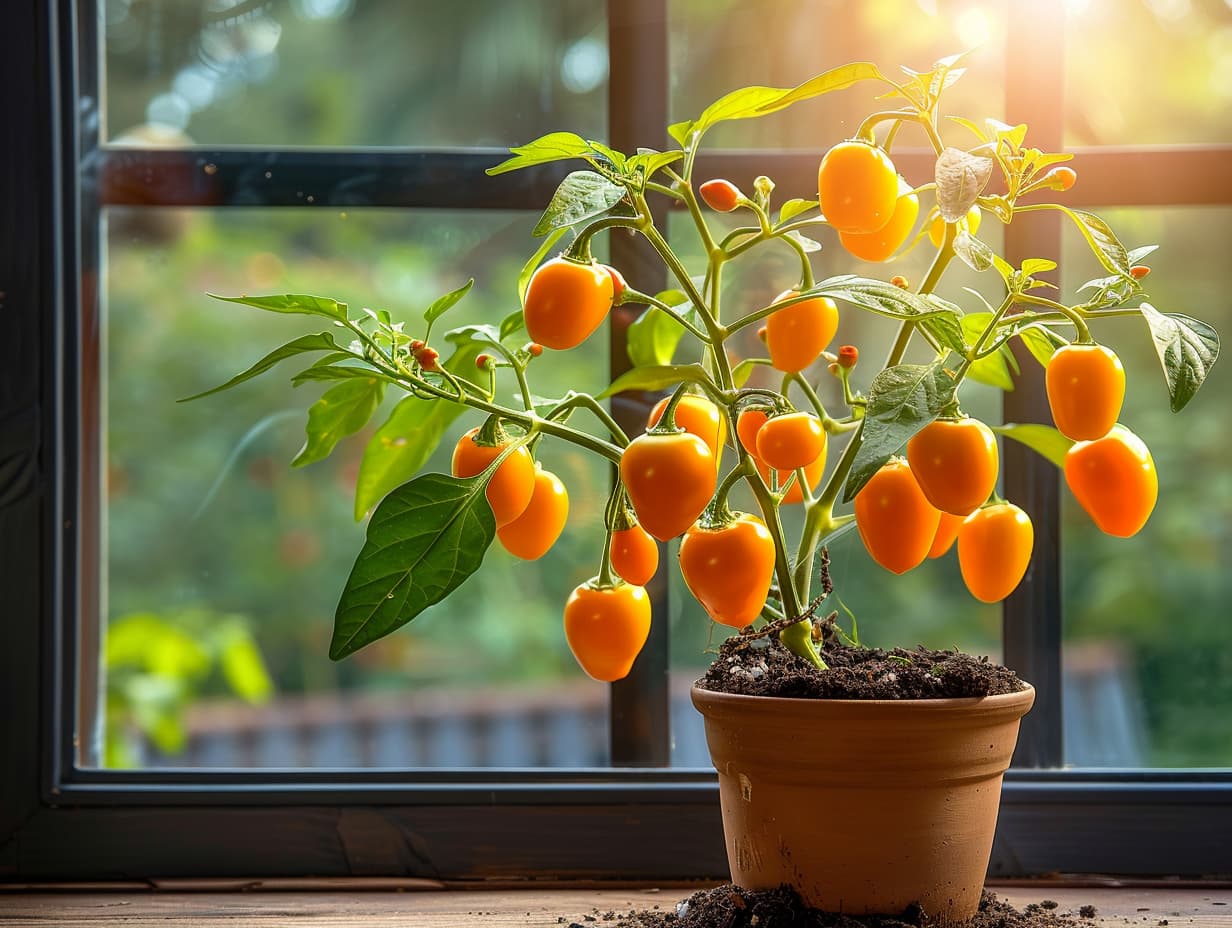
Maintain a stable indoor temperature between 60-70°F. Sudden temperature changes can stress the plant and hinder its ability to survive the winter.
Additionally, reduce watering during this period, as the plant's growth slows down and it requires less moisture. Check the soil regularly and water only when the top inch feels dry.
Overwintering your pepper plants not only helps them survive the cold months but also primes them for robust growth once they return outdoors.
Reap the Rewards of Multi-Year Pepper Plants
By following these simple steps, you can keep your pepper plants thriving for years to come.
Not only will you enjoy fresh, delicious peppers for longer, but you'll also save money and reduce waste. Multi-year pepper plants require less frequent seed purchases and reduce the need for new plants each year.
Additionally, older plants often produce larger and more flavorful peppers due to their well-established root systems. So, give your pepper plants a chance at a longer life – you might be surprised by the results!
Embracing these techniques can transform your gardening experience, providing you with a reliable and bountiful supply of peppers year after year. Whether you're a seasoned gardener or just starting, extending the life of your pepper plants is a rewarding and sustainable practice. Happy gardening!
